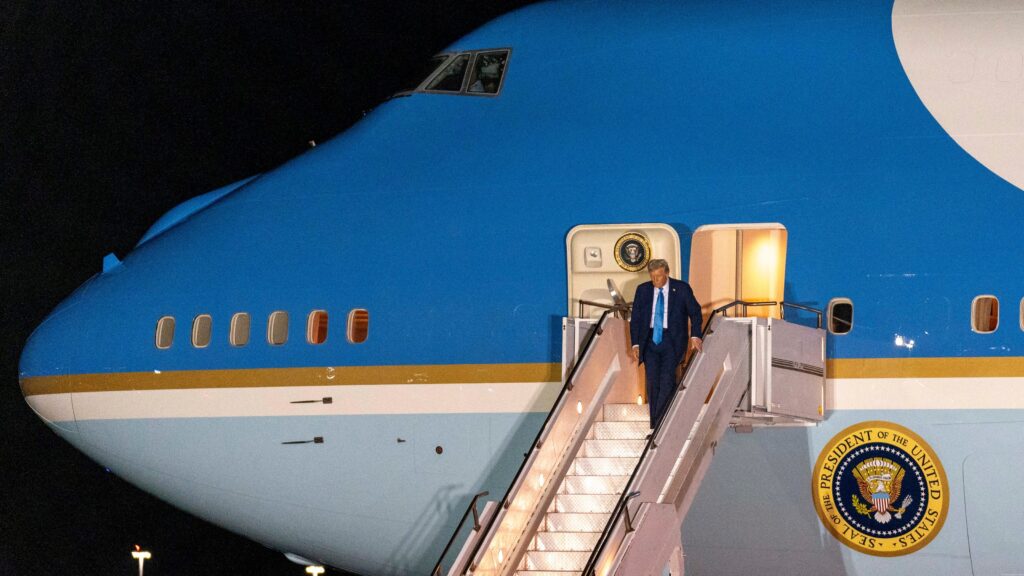President Donald Trump’s swift and assertive actions in his early days as the United States’ leader are reshaping the political landscape in unprecedented ways. Within just 17 days, he has pushed the boundaries of executive power, challenging traditional democratic norms. From proposing radical geopolitical shifts, like reimagining Greenland and Gaza, to upending established government structures, Trump 2.0 is moving with remarkable speed and ambition.
Key legislative initiatives, such as the bipartisan TikTok ban, have been met with obstacles, while his administration faces legal challenges over funding freezes and agency overhauls. Trump’s approach includes redefining birthright citizenship and wielding tariffs as tools of international diplomacy. The looming decision for federal workers regarding buyouts underscores the administration’s transformative agenda.
Noteworthy developments include the emergence of territorial expansion discussions, with proposals ranging from Greenland to Gaza, reflecting a newfound global engagement stance. Cabinet nominations, like those of Tulsi Gabbard and Robert F. Kennedy Jr., are advancing smoothly, signaling strong White House influence over Congress. Trusted allies, such as Elon Musk and JD Vance, are playing pivotal roles in enforcing Trump’s directives, a departure from past administrations.
Retribution against perceived adversaries has been a prominent theme, with controversial pardons and personnel changes reflecting a commitment to reshaping the justice system. Executive orders have surged, with over 50 already signed, shaping policies on diversity, defense, and climate initiatives.
As Trump navigates a transformed political landscape, marked by his rapid and controversial actions, the nation braces for a new era of governance that challenges convention and tests the resilience of democratic institutions.

